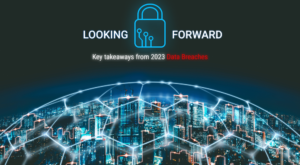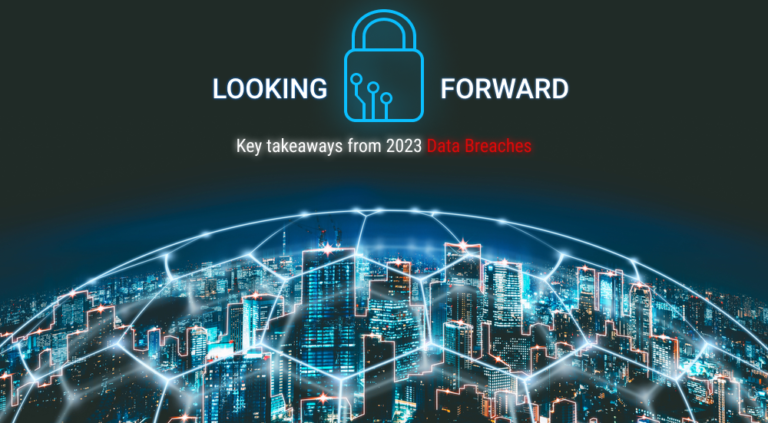“Our biggest vulnerability is the time between individuals’ recurring background investigations. With Endera’s CE, we can save 40 percent of traditional screening costs by continuously relying on public record alerts that warrant further investigation, rather than blindly and continuously screening large populations.”
Chief Executive Officer, Critical Infrastructure Supporting Company
A company that supports a critical infrastructure provider administers identity verification and personnel assurance solutions to help public agencies and private enterprises validate the credentials of workers needing access to sensitive information, secure facilities, or critical infrastructure.
The organization must comply with the Department of Homeland Security (DHS) and other regulatory guidelines for verifying identity credentials, employment affiliations, and background screening to identify Disqualifying Criminal Offenses within the workforce. Although mandatory re-screening is required for all contractors every three years, the company was concerned unknown criminal offenses that occurred in between each periodic re-screening could still pose a significant security risk and compromise continued employment eligibility.
Endera’s Continuous Evaluation delivered a more consistent, timely, and accurate insider threat management solution, more cost-effective than manual background checks and more reliable than contractor self-reporting. The company was easily able to enroll more than 30,000 contractors, monitor thousands of public data sources and receive timely risk alerts for disqualifying criminal offenses requiring further investigation to determine secure worker eligibility.
During the first 90 days, CE detected over 800 events, allowing the integrator to independently investigate, verify and disqualify 24 contractors from continued eligibility, access, and employment who would not have been screened until their next periodic background check. These critical security procedures helped the organization identify and prevent unqualified individuals from using temporary employment to gain unrestricted site access to the region’s air, rail, and bus terminals and infrastructure.













